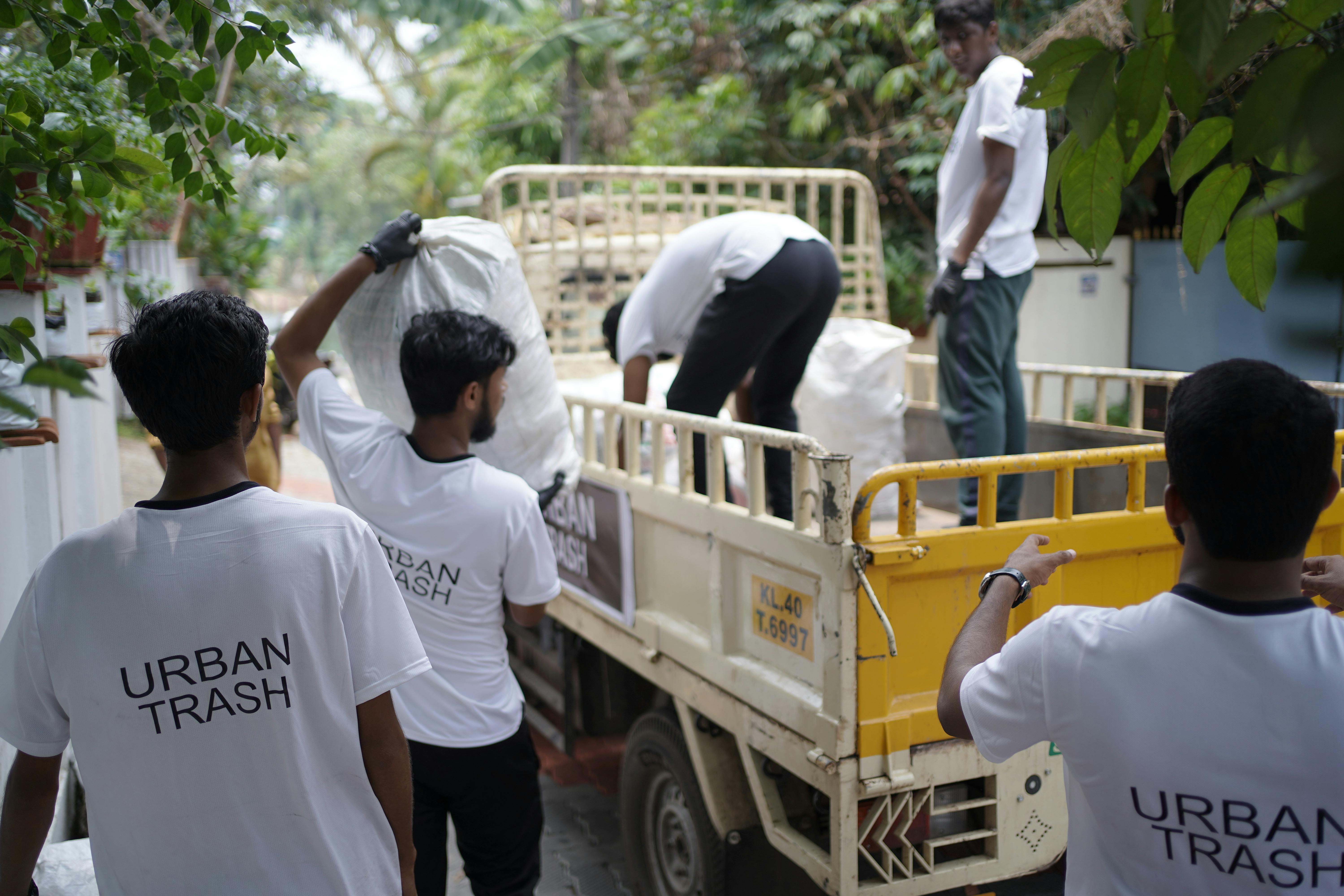 AT LEAST
AT LEAST
Choosing the Best Waste Management Practices
Waste management is essential for many industries, from large corporations to small businesses. It’s important to ensure that your waste is managed in an efficient and responsible manner. Knowing how to choose the best waste management practices can help you reduce your environmental footprint while saving you money in the long run.
What is Waste Management?
Waste management is the collection, transport, treatment and disposal of solid waste in a safe and responsible manner. This includes everything from the collection of recyclables and garbage to the proper disposal of hazardous materials. By taking steps to reduce waste, recycle materials and properly dispose of hazardous materials, you can help reduce landfill waste and protect the environment.
Why is Waste Management Important?
Waste management is important for both environmental and economic reasons. Reducing waste can help conserve resources, reduce energy consumption and reduce greenhouse gas emissions. Proper waste management can also help minimize the risk of toxic materials entering the environment. Additionally, proper waste management can help save money by reducing the amount of waste that needs to be disposed of.
How to Choose the Best Waste Management Practices
Choosing the best waste management practices for your industry or business can be a challenge. Here are some tips to help you get started:
1. Make an inventory of all your waste.
Take an inventory of all your waste materials, including hazardous materials, recyclables and garbage. This will help you identify waste categories that you may need to focus on to reduce your environmental impact.
2. Develop a waste management plan.
Develop a comprehensive waste management plan that outlines your waste reduction, recycling and hazardous waste disposal strategies. The plan should also identify ways to reduce waste, such as purchasing products in bulk or using reusable materials.
3. Invest in the right equipment.
Invest in the right equipment to help you manage your waste efficiently and effectively. This can include industrial bins, recycling containers, hazardous waste storage containers and specialized equipment for handling large items.
4. Choose the right waste management company.
Select a waste management company that has experience in your industry and can provide the services you need. They should be able to provide collection services, hazardous waste disposal, recycling services and other waste management services.
5. Educate your employees.
Educate your employees on proper waste management practices. This can help ensure that your waste is managed in an efficient and responsible manner.
6. Monitor your waste management processes.
Monitor your waste management processes on a regular basis to ensure that your waste is being managed in an efficient and responsible manner.
Conclusion
Choosing the best waste management practices for your industry or business can help you reduce your environmental footprint while saving you money in the long run. By taking an inventory of your waste, developing a waste management plan, investing in the right equipment, choosing the right waste management company and monitoring your waste management processes, you can ensure that your waste is managed in a safe and responsible manner. If you need help with waste management, Midland Toilet Hire can provide the services and equipment you need to ensure that your waste is managed safely and responsibly.
